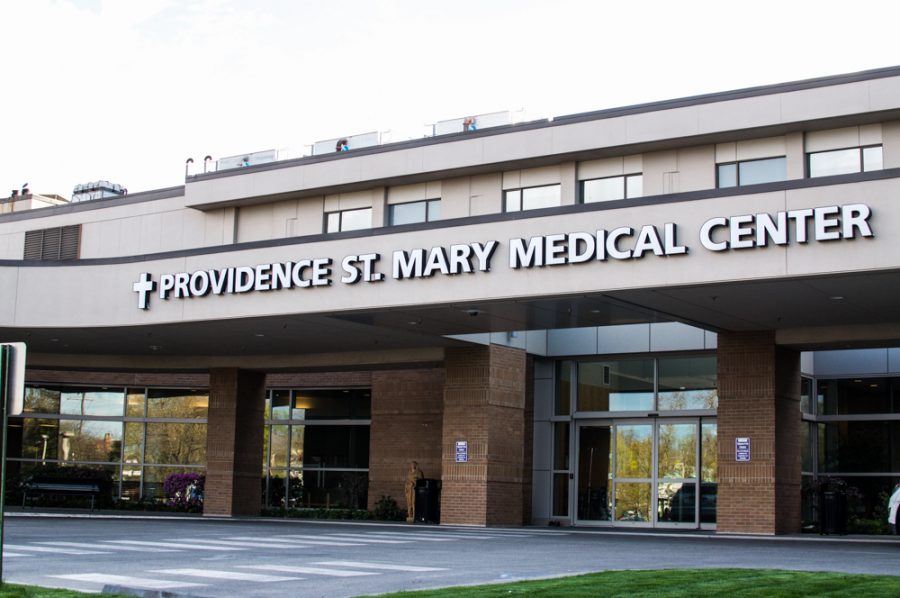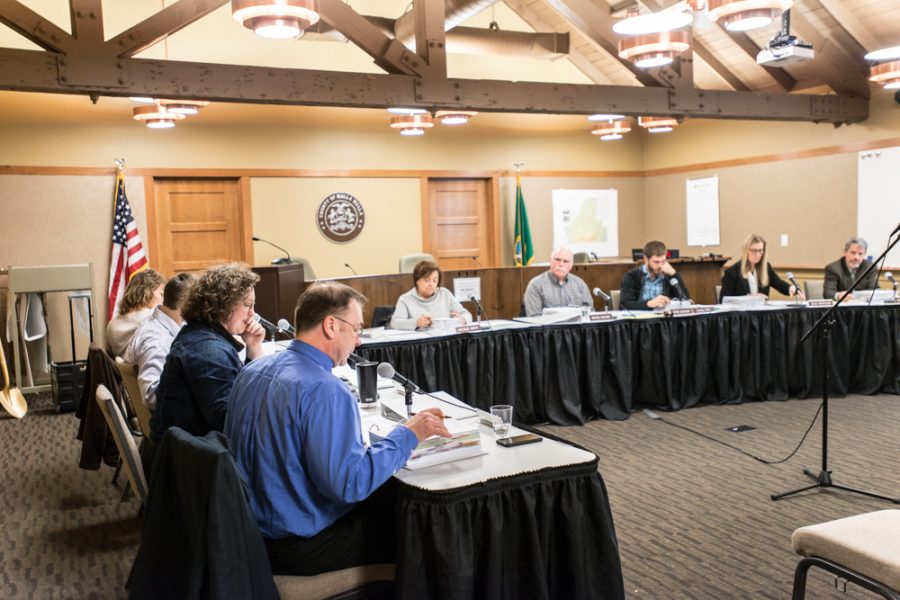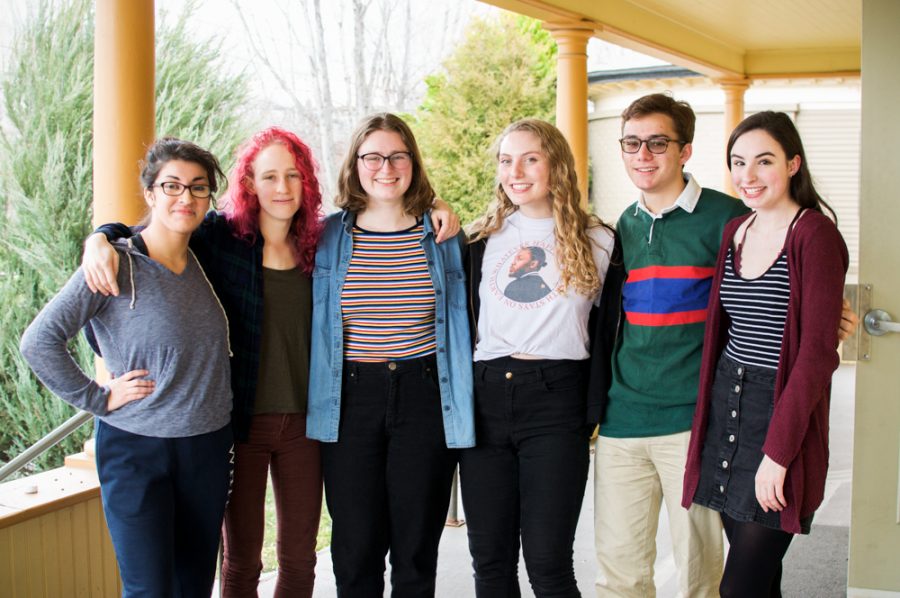About a mile away from campus is a little green house with a new sign labeled “Trilogy.” The Trilogy recovery community is a nonprofit dedicated to helping youth and families who are struggling with drug addiction. Under the guidance of executive director Kathy Ketcham, volunteers at Trilogy use a peer-based approach to address alcohol and drug problems in the community.

“The problem that we discovered is that after [youth get out of drug treatment] there was no recovery support, so I dedicated my life to seeing what we could do about that. We were also confronting a community that I believe was in denial about the depth and breadth of alcohol and other drug problems with our young people and the impact on family members,” said Ketcham.
Ketcham, spouse of Whitman faculty member Pat Spencer, started volunteering with the Juvenile Justice Center in Walla Walla in 1998. With the help of St. Mary Medical Center, AmeriCorps, the local community and other organizations, Trilogy became a reality in 2003. The organization began offering family support groups as well as youth support groups in 2005. Five years later Trilogy became a nonprofit, and since then has worked with eight different support groups a week. CASA also refers children with dependency problems to Trilogy.
People in some of the support groups call the work “profound” according to Ketcham, in terms of its success.
“We talk about problems, we talk about diseases, we talk about solutions and we talk about community … about being a safety net for the kids and their families,” said Ketcham.
The focus of Trilogy is to be a peer-based support system, led by people who have had their own difficulties and use their own experience to help people work through their addictions.
“We laugh, we cry together. The kids are our teachers,” said Ketcham.
According to Ketcham, victims of addiction are often misdiagnosed as having other mental problems, with their addiction as an underlying problem that goes untreated. Thus educating the community is critical to addressing these issues.

Throughout the years, several Whitman students have volunteered with Trilogy. The current intern is sophomore Kate McMurchie, whose main duties include meeting with support groups on a weekly basis and helping plan events like a 5k run in the spring. McMurchie decided to get involved with the organization because its mission is closely related to her career interests.
“I’m interested in addiction and working with kids, so this is a great opportunity,” she said.
In addition to Whitman students, Trilogy enlists the help of other community members. Walla Walla University student Joe Field started volunteering at Trilogy as part of his work-study program.
“I just fell in love with the place,” said Field, adding that his life experiences are part of the reason for his dedication to the program. “I was a heroin addict for 28 years … [since I was 13 I was] in and out of jail. Getting work was hard because nobody would hire me because of that felony on my record.”
Cari Base, an AmeriCorps volunteer, started working with Trilogy about five months ago.
“I feel really privileged to work here … I love it. I love being here and being able to talk on a deeper basis about hurt … so being here is really cool. And then the staff and the team are just so open … Lastly, working with Kathy Ketchum is a huge opportunity as [she is] an expert in her field and so passionate,” said Base.
Luis Rosales, who started working at Trilogy a few months ago, shares some of the same feelings as Base on the organization’s value to the community.
“What I like about Trilogy is that it is about relationships and fostering those relationships. I think it is a very powerful tool and it is good to be in a place that harnesses that relationship tool,” said Luis Rosales, executive assistant at Trilogy.

According to the staff, what makes Trilogy so unique is its peer-based approach, which makes a significant difference in counseling services.
“From my own experience, Trilogy is the best outpatient place out there … it’s a loving, caring, supportive, peer-based, accepting, non-judging place,” said Field.












